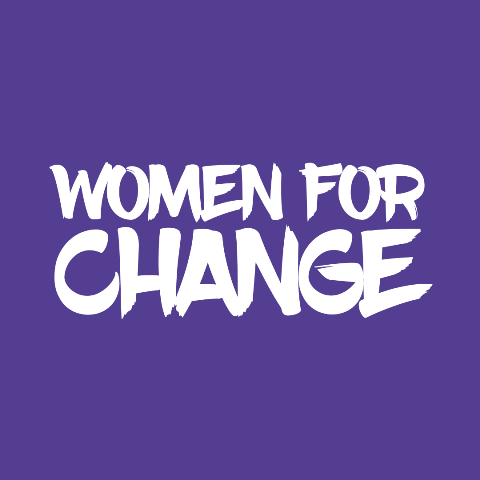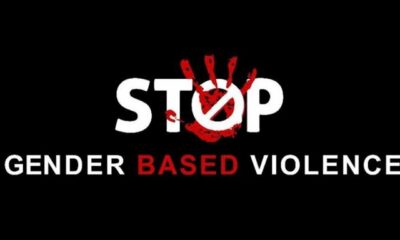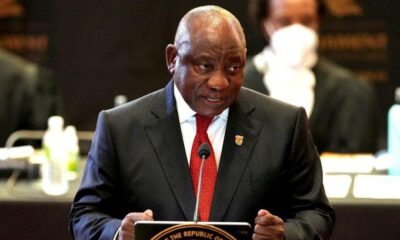News
South Africa Prepares for National GBV Shutdown: Calls for Paid Leave Grow

South Africa’s Women Mobilise: Calls for Paid Leave as National GBV Shutdown Approaches
Employers urged to support women participating in the Women For Change protest on November 21
As South Africa prepares for a nationwide shutdown against gender-based violence (GBV), calls are intensifying for employers to grant women paid leave to join the Women For Change (WFC) initiative on 21 November.
The protest, which has captured public attention across social media and news outlets, is part of a growing movement demanding action against a national crisis of violence affecting women and LGBTQI+ communities.
A National Outcry Against Violence
WFC has urged women and LGBTQI+ participants to withdraw from all labour, both paid and unpaid, and to avoid spending money on that day. Central to the protest is a symbolic 15-minute lie-down at noon, representing the average number of women murdered every day in South Africa.
Songezo Zibi, leader of Rise Mzansi, called on employers to step up:
“South Africa is a violent country, particularly for women and the LGBTQI community. This is a crisis, a state of emergency, and we must respond as such. All women who want to participate must be given paid leaveit should not come out of their personal leave.”
He also emphasised that men share responsibility for tackling the problem:
“This is not just a woman’s problem; it is a societal problem. Men must own up to it.”
Presidential Response Meets Criticism
President Cyril Ramaphosa publicly acknowledged the scale of the crisis, describing GBV and femicide as “totally unacceptable” and urging all citizens to join the fight.
“Men continue to abuse and kill women. We cannot accept this. I have full understanding, full empathy with the women of our country,” he said, referencing rising violence during the COVID-19 pandemic.
Yet WFC labelled his response insufficient, demanding that the government declare GBV a national disaster and take stronger measures to protect women and children.
“We are not asking for anything extraordinary. We are asking for the right to stay alive,” they said in a statement.
Solidarity from the Sports World
National rugby captain Siya Kolisi joined the chorus of support, encouraging a visible, symbolic gesture of solidarity. Following the Springboks’ victory over Italy, he suggested South Africans could switch from wearing green to purple on Fridays to demonstrate support for women facing femicide and violence.
“People normally wear green, but now I think we can change it to purple to stand with their women,” Kolisi said, linking sporting culture with social activism.
Social Media and Public Reaction
Across platforms like X and TikTok, South Africans have shared personal stories and support for the shutdown, with hashtags like #PurpleForSafety trending in anticipation of 21 November. Many users called on employers, schools, and universities to officially allow participation without penalty, framing the protest as a moral and civic duty rather than a simple day off.
As the countdown to 21 November continues, the WFC shutdown represents more than a protestit’s a national reckoning with systemic violence, a plea for government accountability, and a call for societal change.
Employers, public institutions, and citizens are now being asked to choose a side: either facilitate participation and amplify the message, or remain silent in the face of a crisis affecting thousands of women and children daily.
{Source: The Citizen}
Follow Joburg ETC on Facebook, Twitter , TikTok and Instagram
For more News in Johannesburg, visit joburgetc.com



























